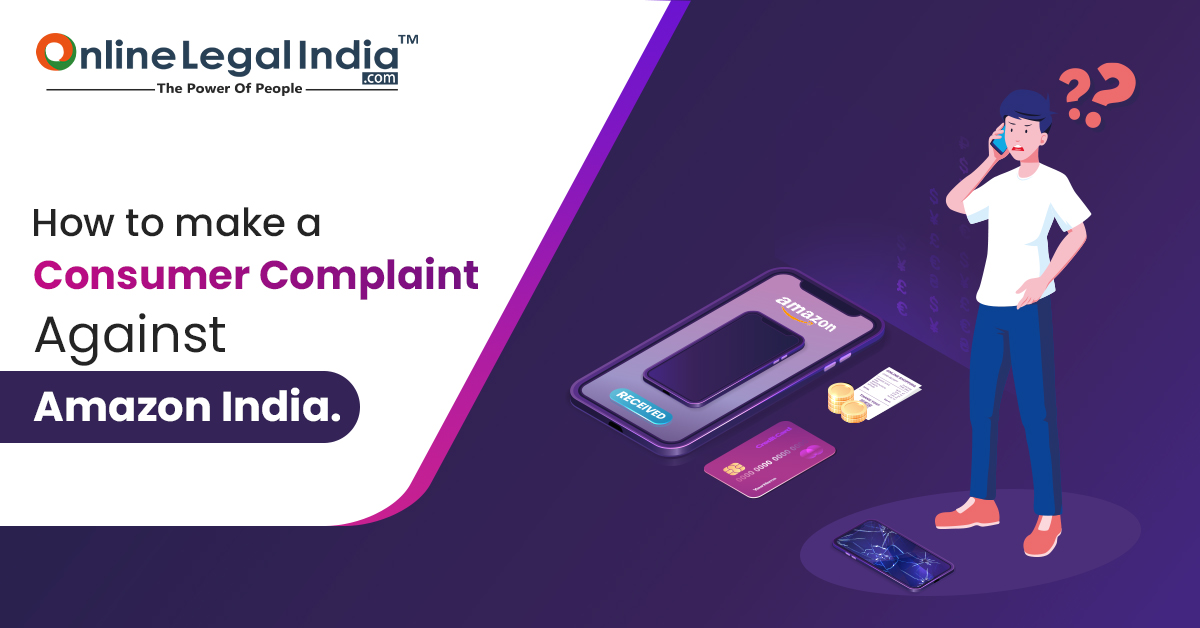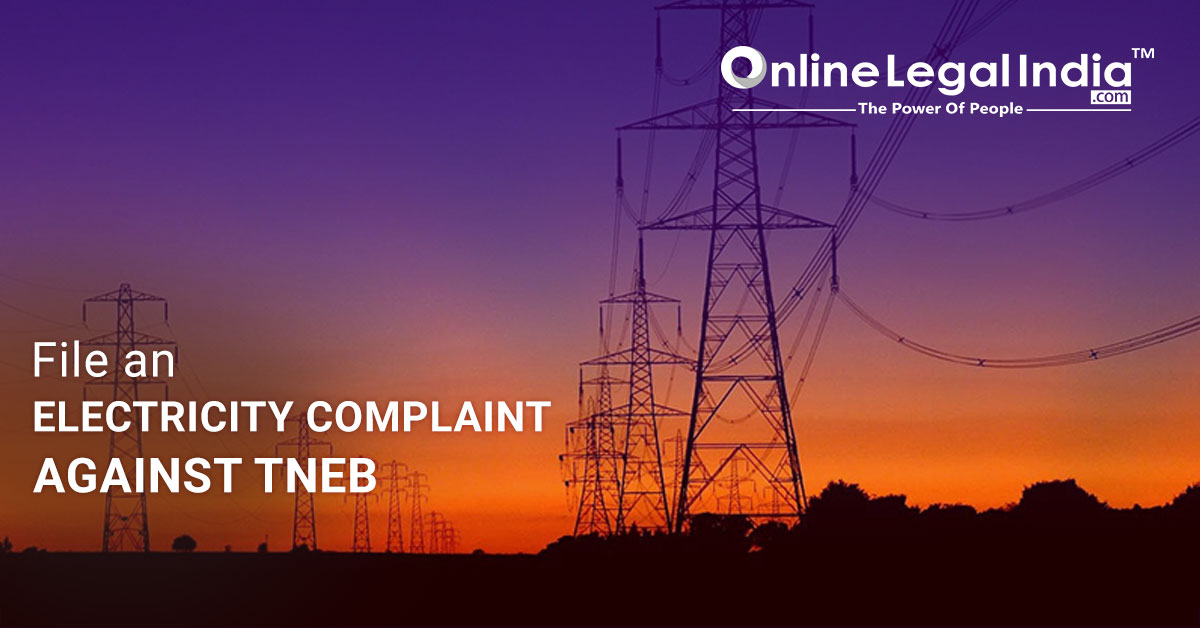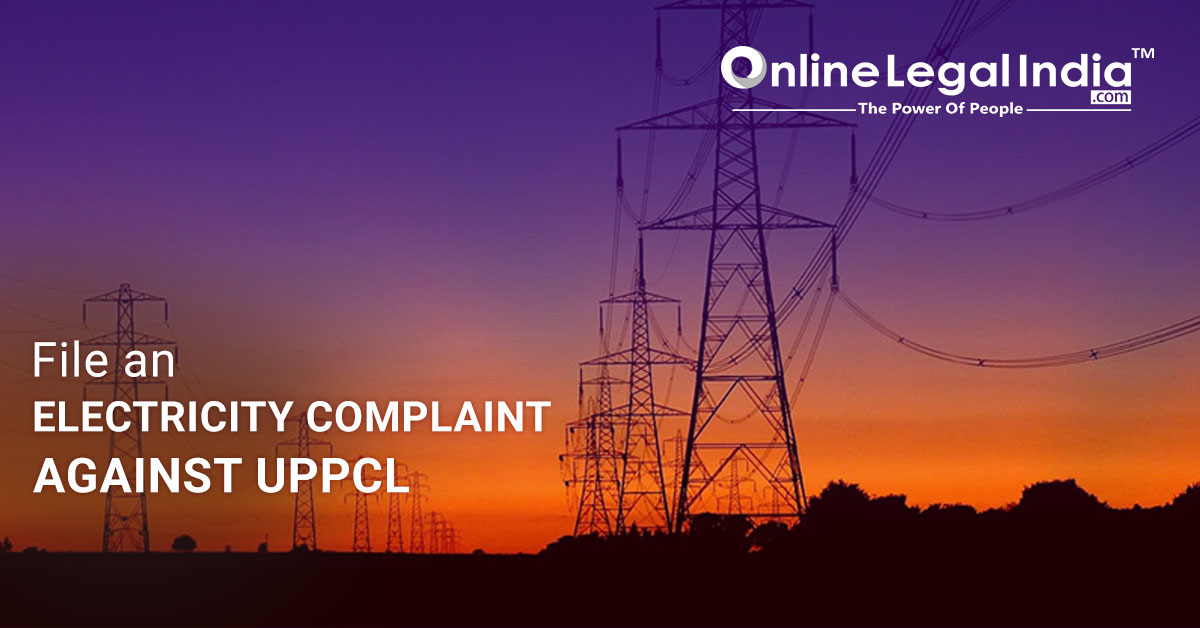My name is shivam sinha this is for the testing purpose
11 Feb, 2023

 By Noikata
Published On 06 Feb 2021
Updated On 04 May 2021
Category Consumer Complaint
By Noikata
Published On 06 Feb 2021
Updated On 04 May 2021
Category Consumer Complaint
Following the demonetization in 2016, digital banking has rapidly increased at a faster pace. Most of the Indian banks have launched their internet banking and mobile banking websites to facilitate the purchasers with online availability of just about all banking products. Internet banking is now a standard mode of secured and convenient payment services. That allows us to understand the concept of Internet banking.
Internet Banking Fraud is a variety of fraud or theft committed using online technology to illegally remove money from a checking account/or transfer money to an account in a different bank. Internet Banking Fraud is a fraud and is typically made plausible through techniques like phishing.
Now internet banking is widely wont to check account details, make purchases, pay bills, transfer funds, print statements etc. Generally, the user identity is that the customer identification number and password are provided to secure transactions. But thanks to some ignorance or silly mistakes you'll easily fall under the trap of cybercriminals.
Here are some simple tips to stop you from falling into the trap of cybercriminals. Remember, an easy ignorance or oversight can make an enormous dent in your hard-earned savings.
If you too have lost money while using Internet Banking. We can help to get a refund, as we have a team of the legal concierge who would resolve your issue as well as file a Consumer Complaint against Cyber Crime on the Internet Banking Fraud and would work on it until your contentment. One can also indulge active services like taking Legal Advice or issuing a Legal Notice for Cyber Crime with facts, proves and statements. Our learned legal advocate team will help you draft one legal notice and send across to the accused party.

My name is shivam sinha this is for the testing purpose
11 Feb, 2023

How to Check the Trademark Application Status in India?
23 Jun, 2022

Trademark Class 35: What Does It Include?
17 Jun, 2022

How Do I Make a Consumer Complaint Against Amazon?
17 Jun, 2022

Trademark Registered in India - If Applicable All Over the World?
17 Jun, 2022

Consumer Complaint against Tamil Nadu Electricity Board TNEB
30 Nov, 2020

How to Take Legal Action against Mental Harassment in India?
07 Nov, 2020

UPPCL Uttar Pradesh Power Corporation Ltd. Complaint Filing
19 Nov, 2020

How to File a Complaint Online at Consumer Court?
27 Nov, 2020

Online Complaint Filing against Hero Motocorp
04 Dec, 2020